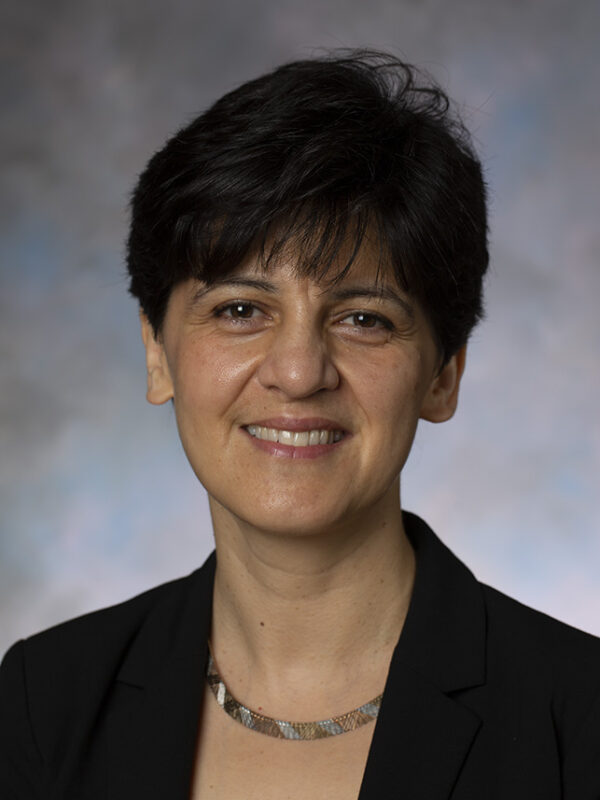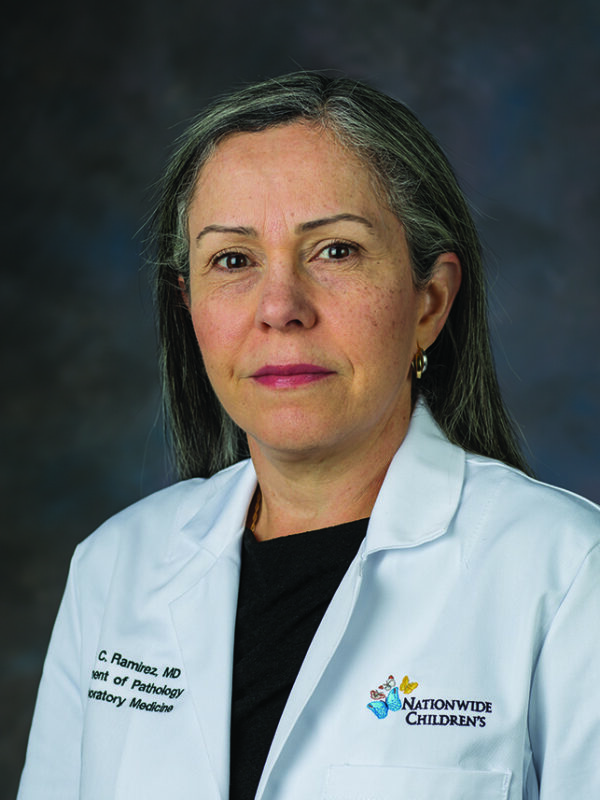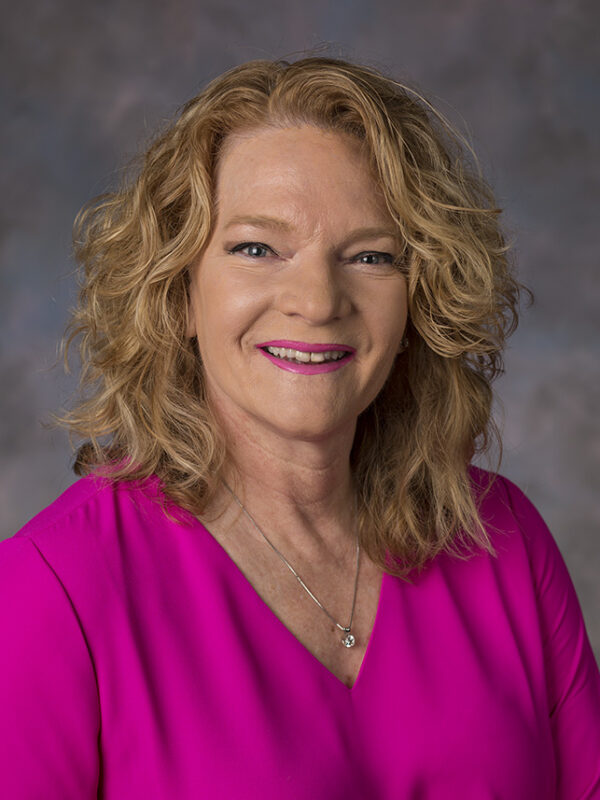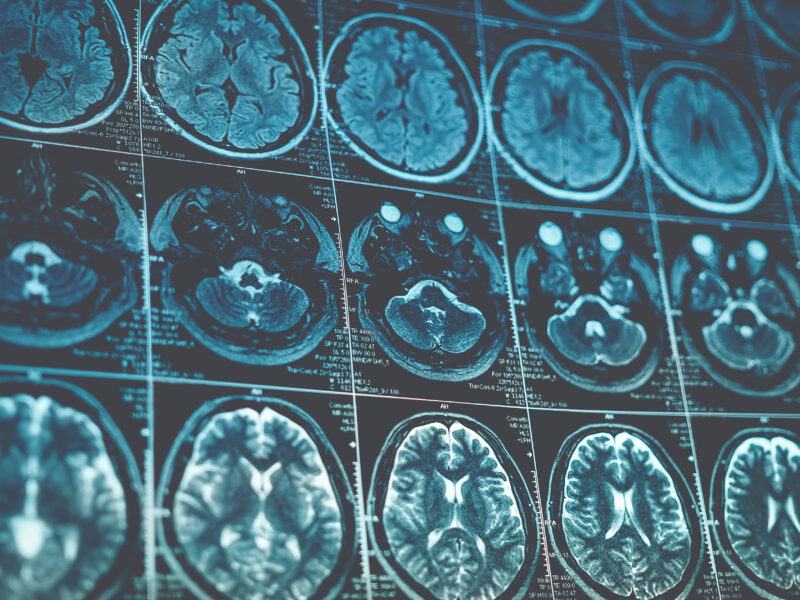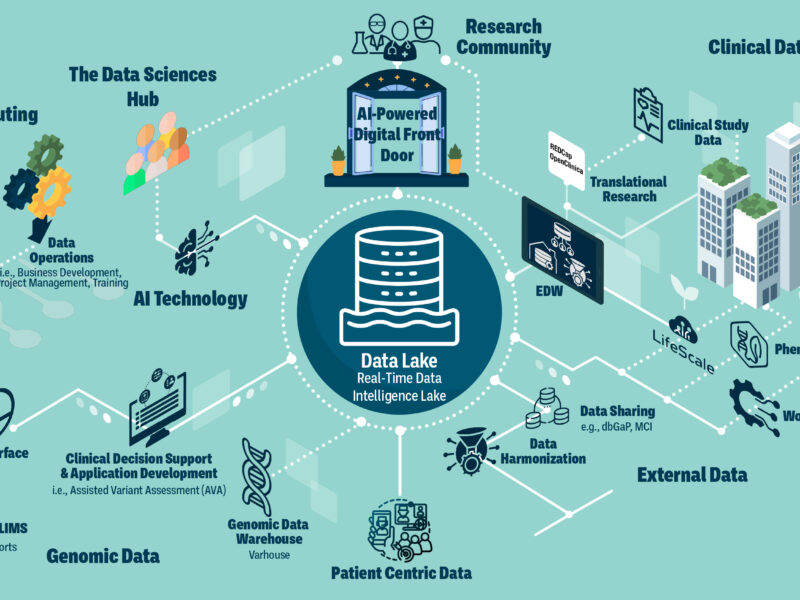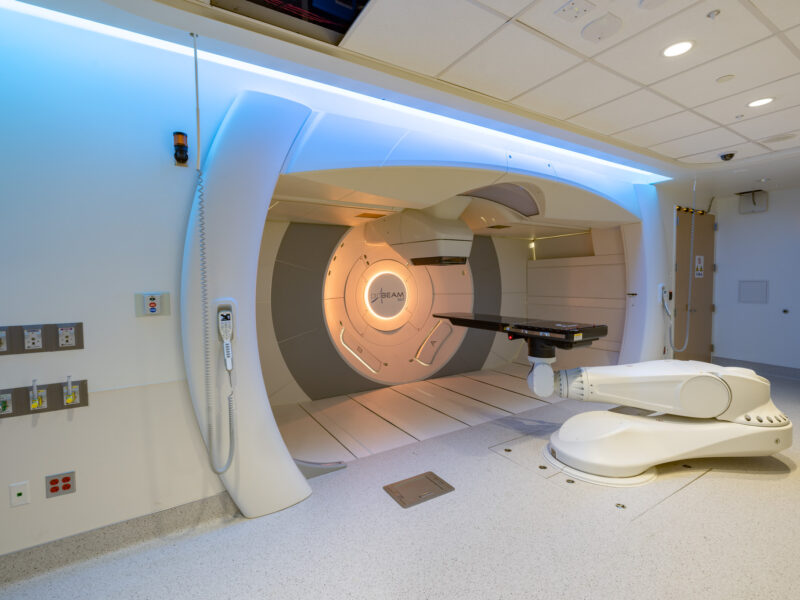New Initiative Aims to Bring Personalized Diagnosis and Treatment to Children With Solid Tumors
New Initiative Aims to Bring Personalized Diagnosis and Treatment to Children With Solid Tumors https://pediatricsnationwide.org/wp-content/uploads/2022/09/AdobeStock_189624167-1024x614.jpeg 1024 614 Lauren Dembeck Lauren Dembeck https://pediatricsnationwide.org/wp-content/uploads/2021/03/Dembeck_headshot.gif- September 22, 2022
- Lauren Dembeck
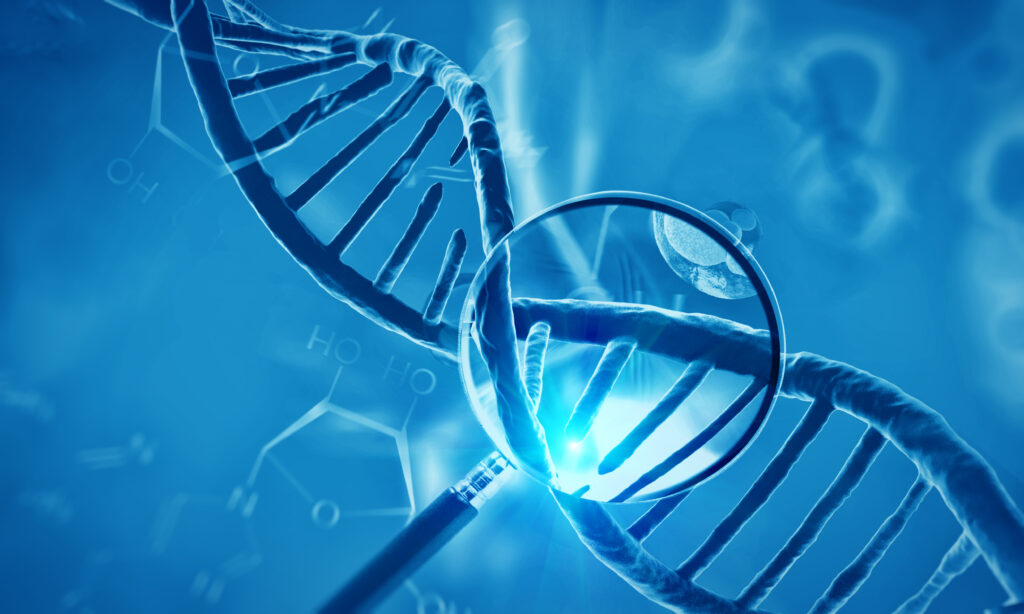
Collaboration among National Cancer Institute, Children’s Oncology Group and Nationwide Children’s Hospital will offer molecular characterization of childhood cancers.
The National Institutes of Health’s National Cancer Institute (NCI), Children’s Oncology Group (COG), and Nationwide Children’s Hospital are poised to change the direction of pediatric cancer diagnosis and care through a new initiative that is the largest of its kind in the United States. The Molecular Characterization Initiative offers tumor molecular characterization, also called biomarker testing, to children, adolescents, and young adults with solid tumors who are being treated at hospitals affiliated with COG. This state-of-the-art molecular characterization at the time of diagnosis helps COG affiliated doctors select the best and most appropriate treatment for each patient.
“These organizations have a shared vision: children with cancer receiving a precise diagnosis based on the molecular characteristics of their specific tumor. For each child, we hope to refine the initial diagnosis and potentially guide treatment,” notes Douglas S. Hawkins, MD, Group Chair of COG. “With more than 200 member hospitals that treat children with cancer, COG provides myriad opportunities for innovative life-saving research. It doesn’t matter where a family lives; if their child is diagnosed with cancer, they could have access to the Molecular Characterization Initiative.”
The program is part of the NCI’s Childhood Cancer Data Initiative (CCDI), which was launched in 2019 to foster data sharing and collection of new data among researchers who study childhood cancers. It was initially opened to patients diagnosed with central nervous system (CNS) cancer and in June expanded to include patients with soft tissue sarcomas and other rare tumors. Initial enrollment in the CCDI Molecular Characterization Initiative is offered through “Project:EveryChild” (APEC14B1), a childhood cancer registry maintained by COG, as a grantee through an NCI-supported clinical trials group. Patients receive molecular characterization of their tumors free of charge through the voluntary program.
“We can help make molecular characterization available throughout the country so that it will be a standard of care that every child can get,” says Maryam Fouladi, MD, MSc, FRCP, co-executive director of Pediatric Neuro-Oncology at Nationwide Children’s and COG’s central nervous system tumor disease committee leader. “An accurate molecular diagnosis can inform optimal treatment for every child.”
The initiative is timely for children with CNS cancer. In 2021, the World Health Organization updated their classification of CNS tumors, and molecular characterization is now required for accurate diagnosis of CNS tumors and risk stratification of patients. The update also incorporates multiple newly recognized tumor types that are characterized by specific driver mutations and can be identified only by using biomarker testing.
For example, Dr. Fouladi explains, some childhood cancers, such as gliomas, can be misdiagnosed.
“We can apply molecular diagnostics to a child diagnosed with a high-grade glioma and find out that it is actually a low-grade glioma or an entirely different tumor, which may need very different treatments and have a very different outcome,” she says. “Molecular diagnostics can really contribute to getting the correct diagnosis, offering the optimal treatment and, ultimately, improving the patient’s outcome. It is not a luxury; it is a necessity for appropriate cancer care.”
DNA and RNA from tumor and blood samples are analyzed to help make an accurate diagnosis and to understand what is causing or driving each individual’s cancer. Having a precise diagnosis based on the molecular characteristics of the patient’s tumor can not only help doctors choose the most effective, but also the potentially least toxic treatment. Some tumor types, such as medulloblastoma, require that doctors understand what subtype of tumor the patient has. “The specifics of the biology of the tumor is critical for us to be able to treat a patient appropriately,” says Dr. Fouladi, who is also professor of Pediatrics at The Ohio State University College of Medicine. “For example, by biologically defining the tumor of a child with medulloblastoma as high-risk, standard-risk or low-risk, we can study risk-stratified treatment approaches that consider reduction of irradiation and/or chemotherapy to diminish long-term neurocognitive, neuroendocrine, as well as chemotherapy-related side effects for low-risk patients to allow children to reach their full potential. Conversely, for children with biologically-defined high-risk medulloblastoma, we can study treatment approaches that intensify therapy to improve their survival.”
Furthermore, for other cancers, knowledge of the molecular aberrations allows doctors to specifically target a given aberration with a targeted therapy, a drug that targets cancer cells without affecting normal cells, providing a less toxic treatment for those patients. The data from molecular characterization can also be used to determine whether a child is eligible for a clinical trial evaluating a new treatment explicitly designed for their tumor type.
The molecular data gleaned from the initiative will be added to NCI’s Cancer Research Data Commons, providing access to these data to cancer researchers worldwide. Previously, comprehensive molecular characterization of tumors was available to some children being treated at larger institutions with internal resources to offer such state-of-the-art diagnostics or those who enrolled in certain clinical trials, and the resulting tumor biomarker data were stored exclusively at the hospital or institution where the child was treated, with limited sharing of data between institutions. Now, the data collected will be available in a central location so that researchers can better understand the molecular causes of childhood cancers and accelerate the development of new, more effective, and potentially less toxic treatments.
Nationwide Children’s Serves as the Sample-Processing Hub
Nationwide Children’s provides two critical aspects of the CCDI Molecular Characterization Initiative: the Biopathology Center, which oversees the COG Biobank, and the Steve and Cindy Rasmussen Institute for Genomic Medicine (IGM), which performs the clinical molecular characterization assays. The IGM is funded to perform these assays through a subcontract with Leidos Biomedical Research, Inc., current operator of the Frederick National Laboratory for Cancer Research.
The Biopathology Center receives tissue and blood from patients enrolling to the study and prepares specimens for molecular analysis by extracting nucleic acids and performing quality control on the analytes. These are then forwarded to the IGM, where multiple clinical characterization assays of the tumor and blood analytes and nucleic acids are conducted. The resulting data are analyzed and interpreted, and signed out as clinical results for return to the physicians who enrolled patients onto the CCDI Molecular Characterization Initiative. These results help refine the initial diagnosis, guide treatment decisions, and suggest potential clinical studies for that child. The IGM also deposits the data from these assays into NCI’s Cancer Research Data Commons for future studies, such as those exploring why some tumors become resistant to therapies that they initially responded to or what factors increase the risk of treatment-related side effects. Personal information that could be used to identify a participant will be removed before data are added to the database.
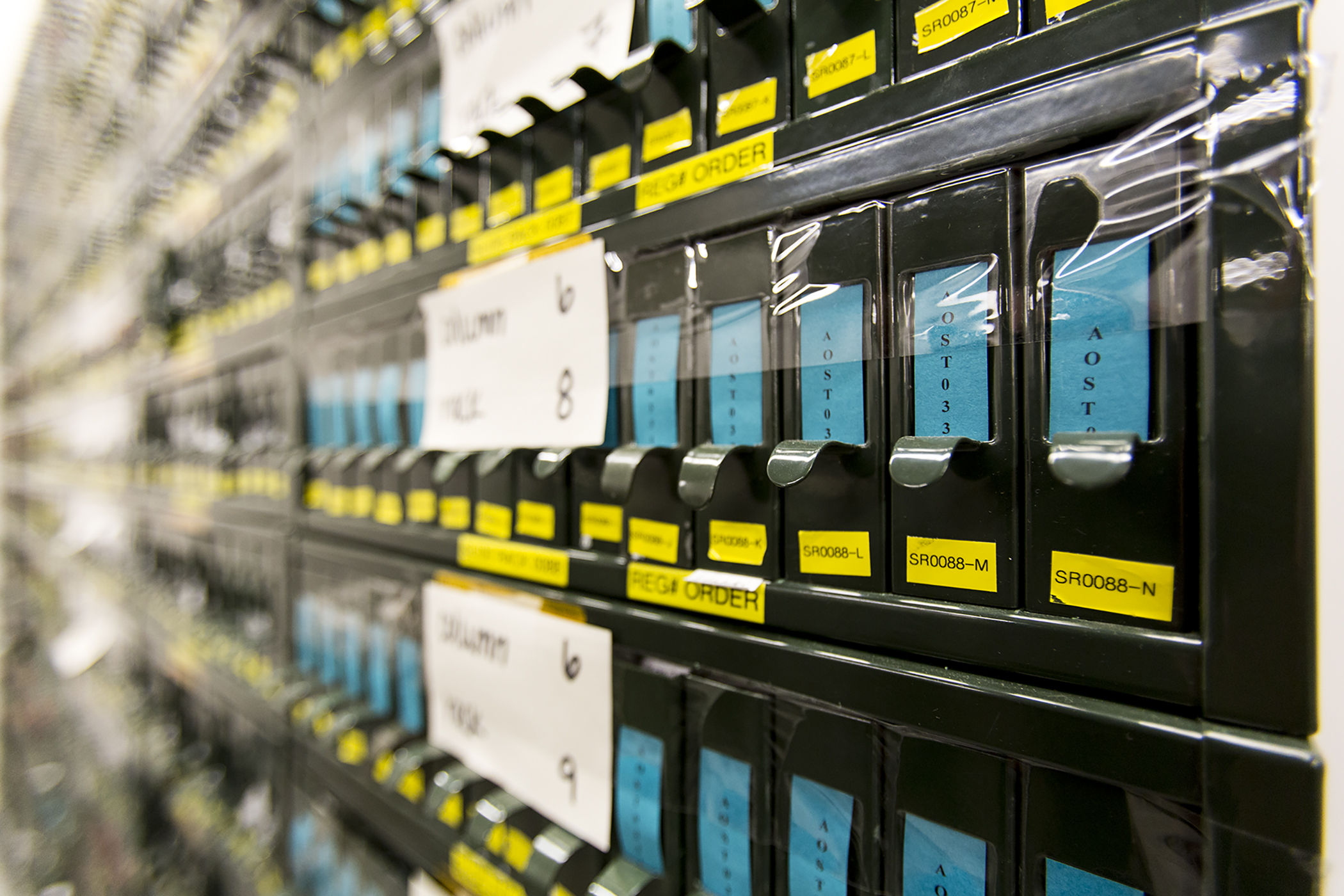
The Biopathology Center supports cutting-edge research and positively impacts patient care through procurement, processing, banking and distribution of high-quality, clinically annotated biospecimens.
“Because these results impact patient care, extracted analytes from tumor tissue and blood must be shipped to the IGM within five days,” explains Nilsa Ramirez, MD, director of the Biopathology Center at Nationwide Children’s. “Time is of the essence when a child’s physician is waiting on results. We aim to complete the entire process from receiving the specimens at our center through final analysis in the IGM within 21 days, which is an exceptional turnaround time for this process. We’re proud to be an essential part of this pioneering initiative.”
Both the Biopathology Center and IGM Clinical Laboratory are accredited under the College of American Pathologists Laboratory Accreditation Program and certified by CLIA (Clinical Laboratory Improvement Amendments) for clinical testing. The IGM Clinical Laboratory also is accredited by the New York State Department of Health, which is required for testing patients from New York.
“Executing multiple genomic tests to produce data that are interpreted through rapid and scalable computational analyses and lead to medically relevant results requires a highly integrated clinical environment,” says Elaine R. Mardis, PhD, co-executive director of the IGM and principal investigator of the initiative contract. “We are excited to be part of this incredibly worthy endeavor.”
The first completed results were provided on April 14, 2022, for a participant enrolled in March 2022. As many as 3,000 participants are expected each year.
Transforming Clinical Trials
“The CCDI Molecular Characterization Initiative is a transformative collaboration,” says Richard Wilson, PhD, executive director of the IGM. “We anticipate this project will fundamentally transform how we diagnose and treat children facing cancer.”
The CCDI Molecular Characterization Initiative is already playing a key role in changing the way clinical trials on childhood CNS tumors will be conducted at Nationwide Children’s and elsewhere. For instance, physician Ralph Salloum, MD, of the pediatric neuro-oncology program at Nationwide Children’s, is the study chair for the Children’s Oncology Group ACNS2031 clinical trial for children with medulloblastoma, which is the most common malignant brain tumor in childhood. In the study, treatment will rely solely on the results of the initiative for risk stratification. All patients who would like to participate in the trial will have undergone molecular characterization prior to the enrollment. The study is slated to open in September 2022, in COG sites around the United States, Canada and Australia.
More Cancer Coverage to Come
In late 2022 and 2023, the initiative will continue to expand to patients with other childhood cancers.
“The enormous collaborative effort to make the CCDI Molecular Characterization Initiative possible is very ambitious and very heartwarming. It has required the expertise of the clinicians, pathologists, and genomics specialists as well as the commitment of clinicians from institutions around the country all working together for a higher good. That’s what I think is the beauty of this initiative,” adds Dr. Fouladi. “This is a new era in cancer care for all of us, and I am very grateful that we’re part of a generation where we can build this testing infrastructure for kids around the country. I think it has been a long time coming and will level the playing field so all children have access to personalized diagnosis and therapy. It is really a dream come true.”
Reference:
Louis DN, Perry A, Wesseling P, Brat DJ, Cree IA, Figarella-Branger D, Hawkins C, Ng HK, Pfister SM, Reifenberger G, Soffietti R, von Deimling A, Ellison DW. The 2021 WHO Classification of Tumors of the Central Nervous System: a summary. Neuro-Oncology. 2021 Aug 2;23(8):1231-1251.
Image credit: Adobe Stock (header only); Nationwide Children’s
This story was included in the Fall/Winter 2022 print issue. Download the full issue.
About the author
Lauren Dembeck, PhD, is a freelance science and medical writer based in New York City. She completed her BS in biology and BA in foreign languages at West Virginia University. Dr. Dembeck studied the genetic basis of natural variation in complex traits for her doctorate in genetics at North Carolina State University. She then conducted postdoctoral research on the formation and regulation of neuronal circuits at the Okinawa Institute of Science and Technology in Japan.
-
Lauren Dembeckhttps://pediatricsnationwide.org/author/lauren-dembeck/
-
Lauren Dembeckhttps://pediatricsnationwide.org/author/lauren-dembeck/
-
Lauren Dembeckhttps://pediatricsnationwide.org/author/lauren-dembeck/
-
Lauren Dembeckhttps://pediatricsnationwide.org/author/lauren-dembeck/January 29, 2019
- Posted In:
- Features



